Breaking
- MENU
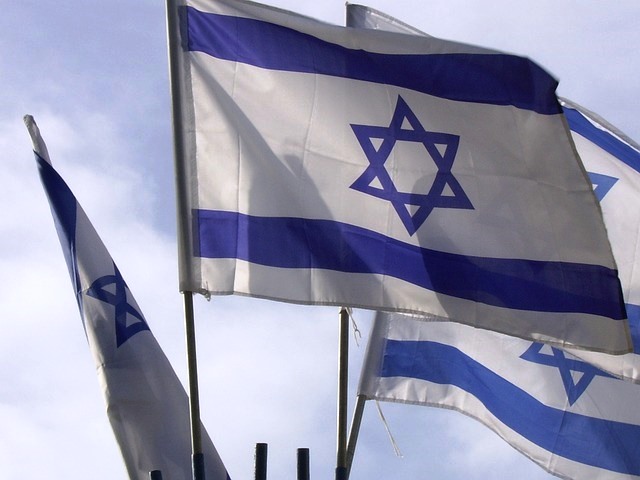
The most interesting aspect of the new Bennett-Lapid government in Israel is the emergence of Mansour Abbas, leader of the Islamic Movement or Ra’am Party, as the kingmaker. Ra’am has the lowest number of seats (four MKs in the 61-member ruling coalition) but broke the psychological Arab barrier against cooperating with Zionist parties. Ra’am did have some anxious moment before the Knesset vote on Monday when Saeed al-Harumi, its Bedouin Member of Knesset (MK), abstained over a last-minute move by the Netanyahu government for a possible demolition of Bedouin houses in the Negev built without proper authorisation.
Incoming Prime Minister Naftali Bennett told the Knesset that his government would be inclusive and “will open a new page in the relations between the State of Israel and the country’s Arab citizens. The Arab community will be represented in the coalition by Mansour Abbas and his party.” In having Ra’am in the coalition, Bennett also recognised the contribution of outgoing Prime Minister Benjamin Netanyahu “who held a ground-breaking series of meetings with Mansour Abbas, who reached out a hand.” Bennett pledged to “fight against crime and violence, the housing crisis, the gaps in education and infrastructure” in the Arab sector.
In the Israeli context, the term Arabs denotes all the non-Jewish minorities, namely, Muslim groups (Arabs Bedouins, Chechens, Circassians), Christians and Druze, who make up about a fifth of the total population. For a host of historical reasons, mostly due to the conflict with the wider Arab world, the minorities were excluded from power-sharing. Equal political and social rights are not accompanied by having Arab parties as full members of the ruling coalition. While there were non-Jewish cabinet members in the past, until now, Arab parties were never part of the ruling Israeli coalition.
During the March Knesset election Abbas presented himself as a moderate and pragmatic leader who is prepared to engage with and partake in governance. To pursue this agenda, he frequently met Prime Minister Netanyahu and even declared his willingness to join a government headed by the Likud leader. This controversial position contributed to the breakup of the four-party Joint Arab List that contested the Knesset elections in recent years. The division dented the strength of the Arab parties; in March 2020, the Joint List secured 15 seats and was the third-largest party in the 120-member Knesset, but in March this year, the divided Arab lists could secure only ten seats, including four won by Ra’am.
However, Ra’am transformed the political landscape of Israel. The coalition agreement between Ra’am and Yesh Atid (the largest party in the coalition) promised a deputy ministerial post in the Prime Minister’s Office, head of the Knesset Interior Committee, a deputy Knesset speaker and head of the Arab Affairs Committee. Moreover, the government would allocate NIS 30 billion (US$9.2 billion) through 2026 to “reduce gaps in Arab, Druze, Circassian and Bedouin society.” This would include a five-year crime-fighting plan worth NIS 2.5 billion; a NIS 20 billion plan for transportation infrastructure; extension of a freeze on building restrictions in the Bedouin communities until the end of 2024; and recognition of three Bedouin communities in the Negev within 45 days of the formation of the government. The coalition agreement to establish another hospital in the south will also benefit the Bedouins in the Negev.
The entry of Ra’am opened further avenues. The left-wing Meretz has named Issawi Frej, an Israeli Arab politician, as its nominee for regional cooperation ministry. Internal disagreement within Yisrael Beitenu resulted in its leader Avigdor Liberman naming Druze MK Hamed Amer as the second minister in the finance ministry. In addition, PMO will also have a Druze member belonging to Yamina.
Amidst the recent Israel-Hamas conflict, a synagogue was destroyed in Lod in the Arab-Jewish riots. Visiting the mixed city afterwards, Abbas criticised vandalism and pledged that the Israeli Arabs would ‘lead’ efforts to repair and rebuild the synagogues. His declaration came amidst the Israeli airstrikes against the Gaza Strip and did not go down well among a large segment of the Arab population, but Abbas stood his ground.
The new Jewish-Arab political cohabitation will not be easy. Prime Minister Bennett already faces criticisms from other right-wing parties over Ra’am limiting future security operations against Israel’s adversaries. Ra’am also faces criticisms from other Arab parties, including the communists, for providing legitimacy to the government headed by Bennett, whose Yamina party adopts more hardliner positions than Likud on the peace process. Despite the path-breaking nature of the coalition, the six-member Joint Arab List did not abstain but voted against the Bennett-Lapid government. Their competition with Ra’am for Arab voters has overwhelmed the larger interests of the Arab community.
The inauguration of the Bennett-Lapid government means that cohabitation of right wing-Arab Islamist parties is now kosher in Israel. Despite the fragility and the long and arduous journey ahead, Mansour Abbas co-authors a new chapter in Israeli democracy.
Note: This article was originally published in Financial Express on 14 June 2021 and has been reproduced with the permission of the author. Web Link
As part of its editorial policy, the MEI@ND standardizes spelling and date formats to make the text uniformly accessible and stylistically consistent. The views expressed here are those of the author and do not necessarily reflect the views/positions of the MEI@ND. Editor, MEI@ND: P R Kumaraswamy
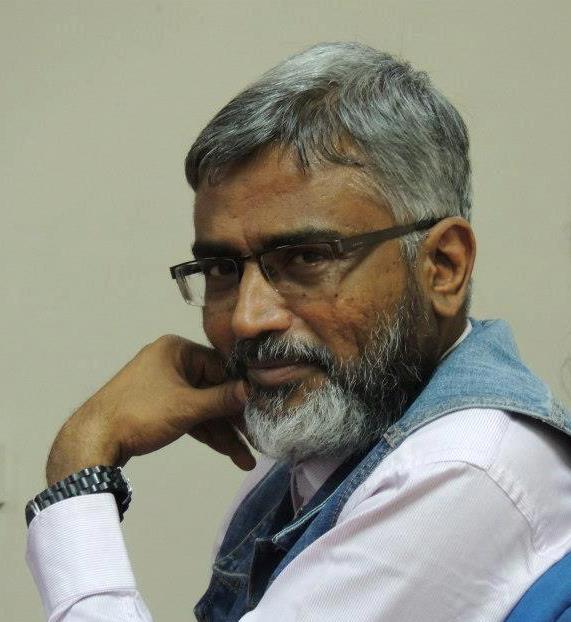
Professor P R Kumaraswamy is Honorary Director of MEI@ND.
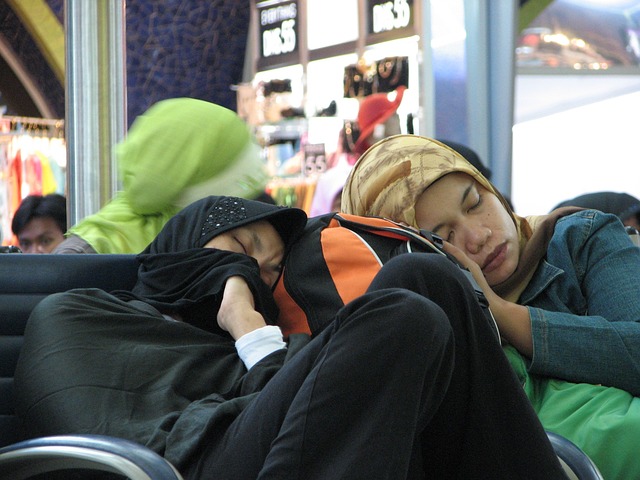
When peace is viewed as ‘surrender’, there is little one can accomplish. Without an effe.....

The magnitude of the missile attack on Israel carried out by Iran in the early hours of Sunday was u.....

While the details are still emerging, the Hamas attacks from the Gaza Strip on Saturday were well pl.....
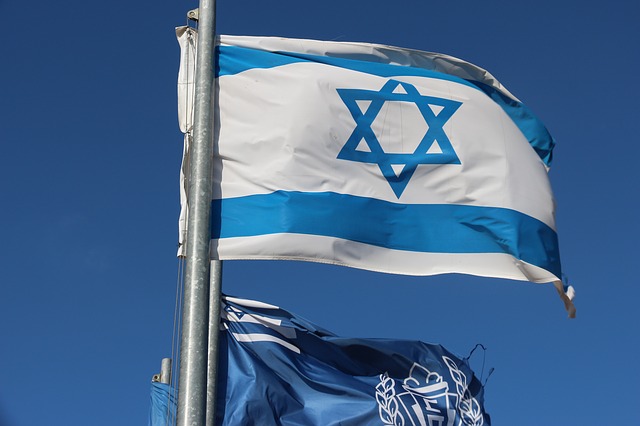
The Libyan controversy reminds us of the more significant problem facing Israel. While the scale and.....
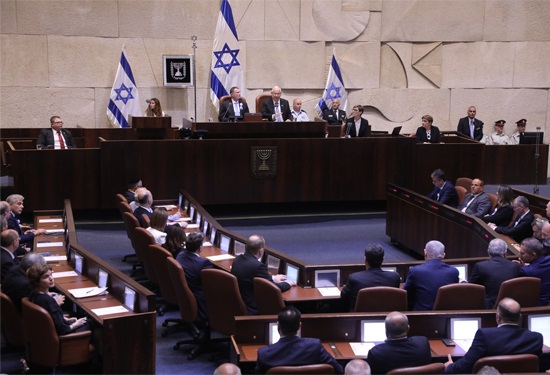
64-0! It should be an impressive vote in any country, especially in Israel, where a simple parliamen.....
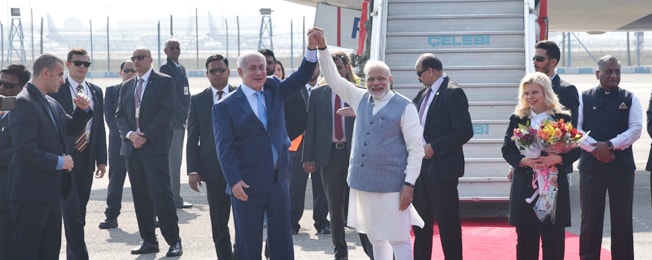
King Bibi is back! After one year in the Opposition, Benjamin Netanyahu, a close friend of Prime Min.....
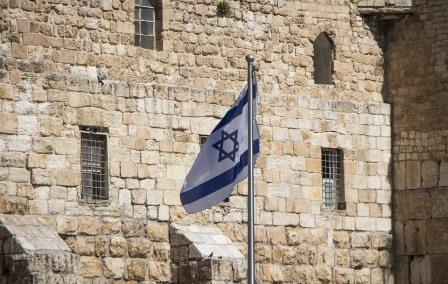
Political instability is an integral and inseparable part of Israel’s landscape. For the fifth.....

Even by the Israeli standard of coalition fragility, the Bennett-Lapid government, which completed o.....
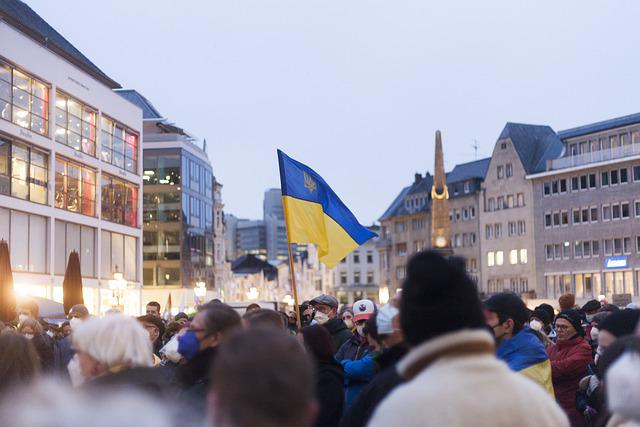
Soon to enter its fourth month, the Russian invasion of Ukraine has made irreversible damages to glo.....
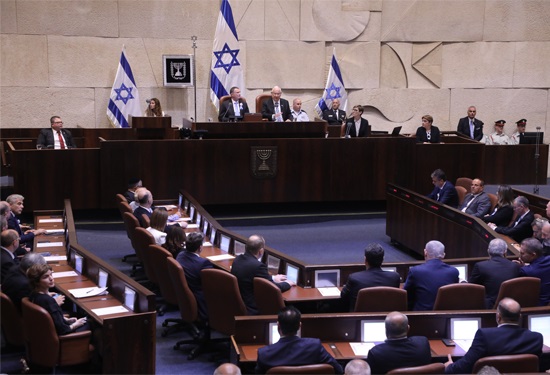
The visit of Israeli Prime Minister Naftali Bennett to India scheduled for last week had to be cance.....

The drone attack on Abu Dhabi on Monday (January 17) by the Houthi rebels marks a major escalation o.....
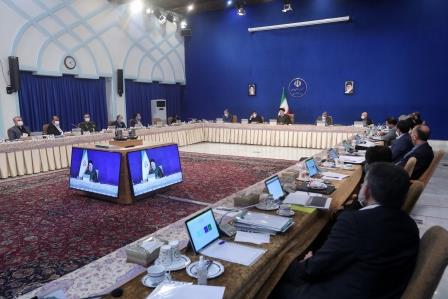
Of late, Israel-Iran shadow-boxing has been getting ominous. If Israel’s diplomatic offensive .....

In early November, Moscow hosted Mohammed Dahlan, a former right-hand man of Palestinian leader Yass.....

Nearly three decades after Prime Minister P V Narasimha Rao broke from the past and normalised relat.....

Earlier it was Pakistan and now China. So whatever India does and does not do externally has to be l.....

In several ways, the Taliban takeover of Afghanistan can be a game-changer in India’s worldvie.....
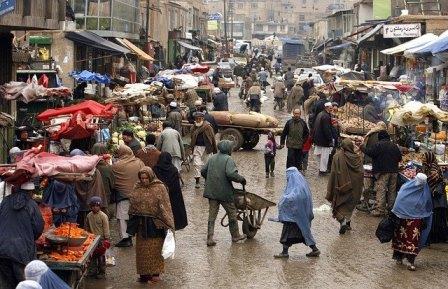
The Taliban takeover and its fallout exposed the limited diplomatic space for India in its immediate.....

Given the travel restrictions, local lockdown and sluggish economic revival, that over three lakh pe.....
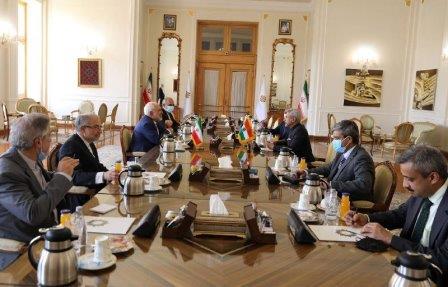
Since 2005, some critical decisions over Iran have been taken by the MEA’s US Division. So que.....
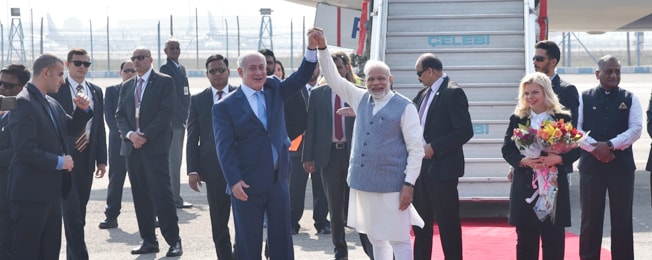
“Bibi dethroned”. This is the expression used in the Israeli media to describe the forma.....
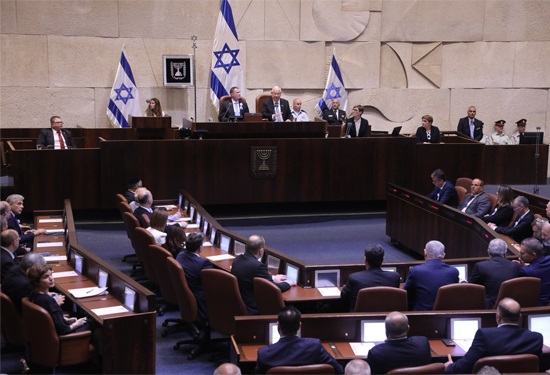
Despite having a woman prime minister in Golda Meir, female political representation in Israel has n.....

When it comes to mediating international crises, India’s track record is a mixed bag. In recen.....
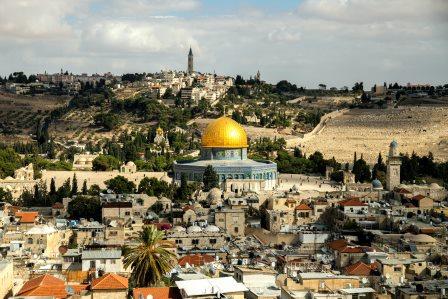
Going by the Israeli media, it is clear that the arm-twisting by the Biden Administration forced the.....

Indeed, Hamas is better placed today than it was in January 2006 and the current round of violence i.....

While the international community wants de-escalation and an early end to the conflict, the chances .....
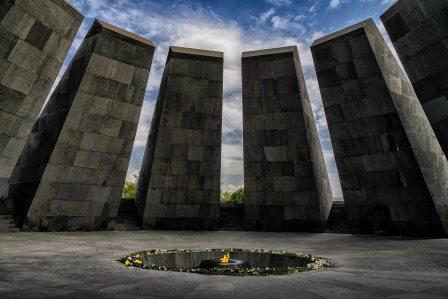
Ending the past silence, US President Joe Biden marked the Armenian Genocide Remembrance Day of Apri.....
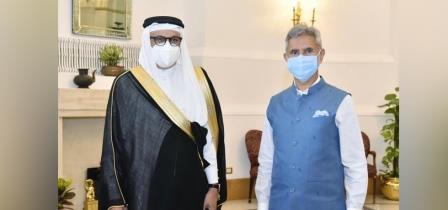
The visit of Foreign Minister of Bahrain Abdullatif bin Rashid Al Zayani to India during 6-8 April r.....
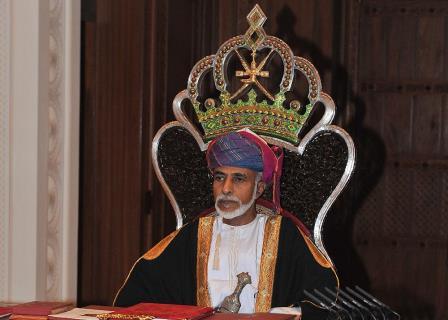
By posthumously bestowing the Gandhi Peace Prize for 2019 upon Sultan Qaboos of Oman, New Delhi seek.....
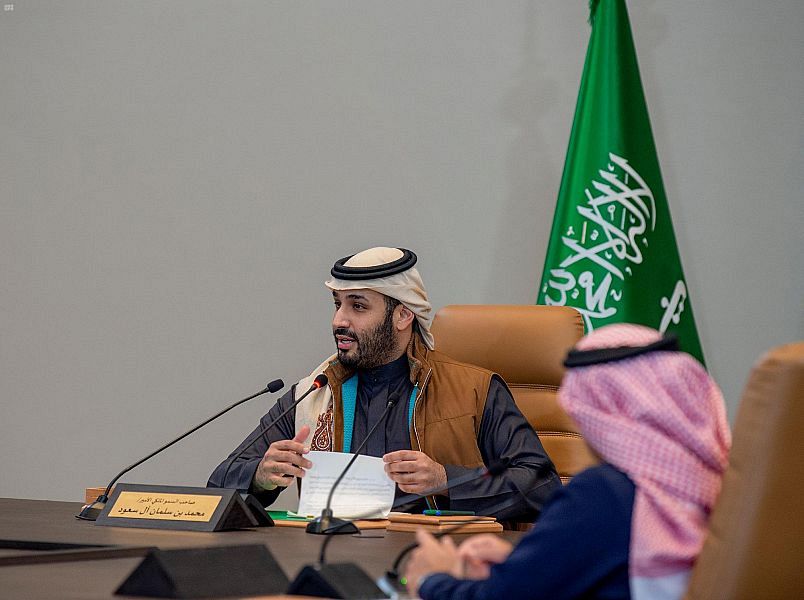
Much to the displeasure and discomfort of Saudi Crown Prince Mohammed bin Salman (more widely known .....
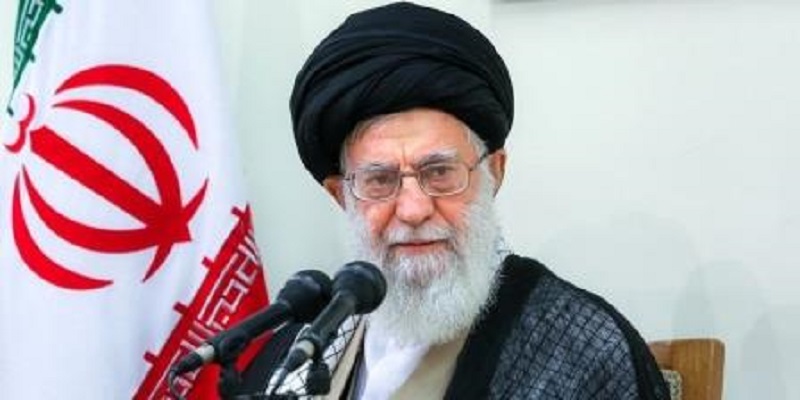
The nomination of Robert Malley, a veteran hand in Washington policy circles, as the Special Envoy f.....
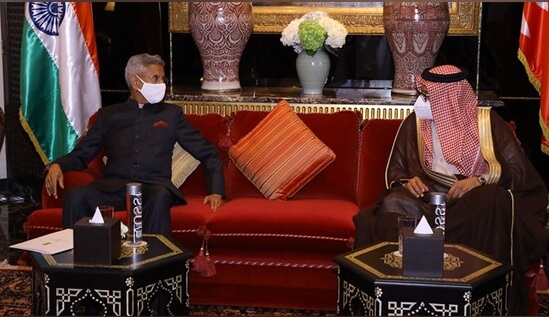
The two-day visit of External Affairs Minister S Jaishankar to the United Arab Emirates last week is.....
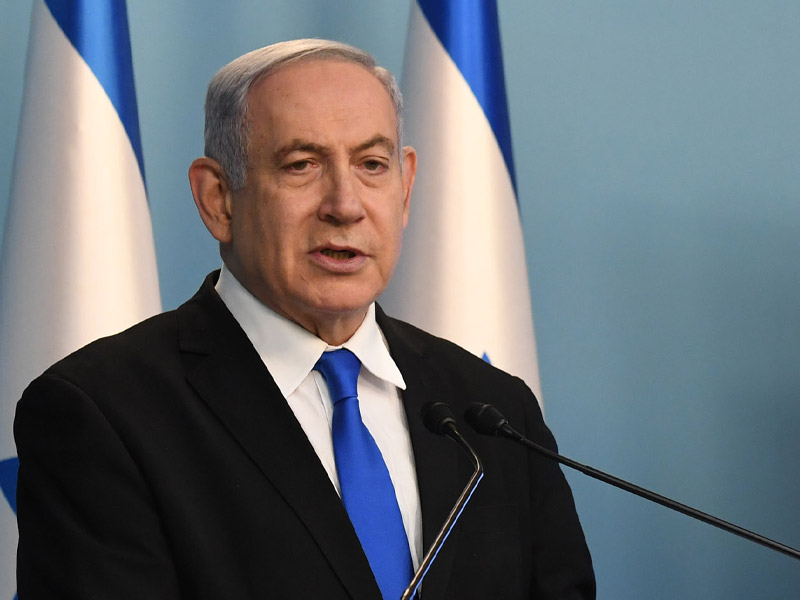
United Arab Emirates’ (UAE) decision to normalise relations with Israel is the most dramatic e.....
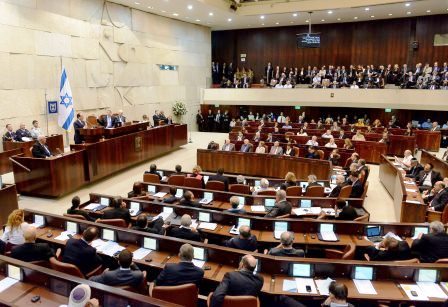
Declaring victory moments after the polling ends has become the hallmark of Benjamin Netanyahu; and .....
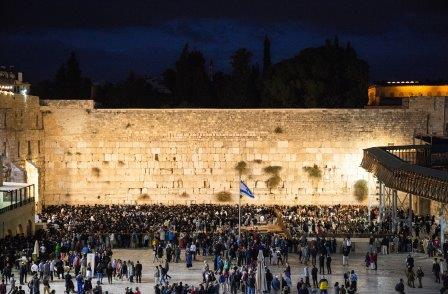
Israel went to polls for the 23rd Knesset on 2nd March. The third parliamentary elections within one.....
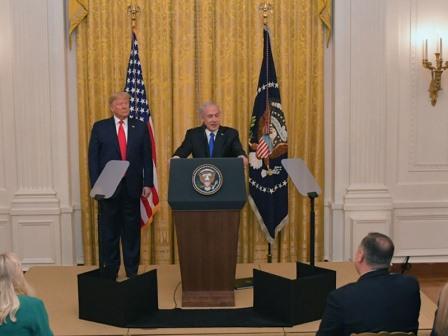
With possible removal from office hanging over their heads, US President Donald Trump and Israeli Pr.....
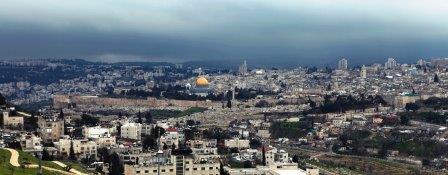
US Secretary of State Mike Pompeo’s sudden and unexpected announcement regarding Israeli settl.....

US President Donald Trump’s decision on imposing sanctions on Turkey has rocked the ever-turbu.....
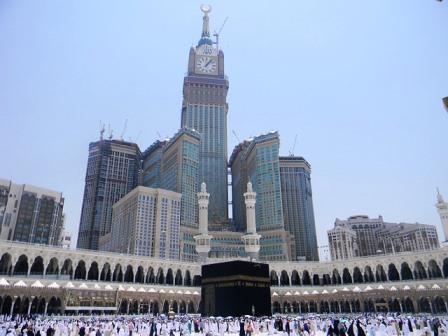
Prime Minister Narendra Modi’s two-day visit to the Kingdom of Saudi Arabia this week highligh.....
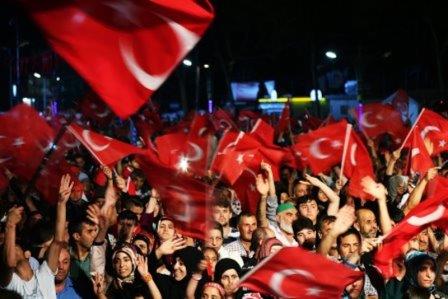
Prime Minister Narendra Modi's reported decision to postpone a planned visit to Turkey comes a c.....
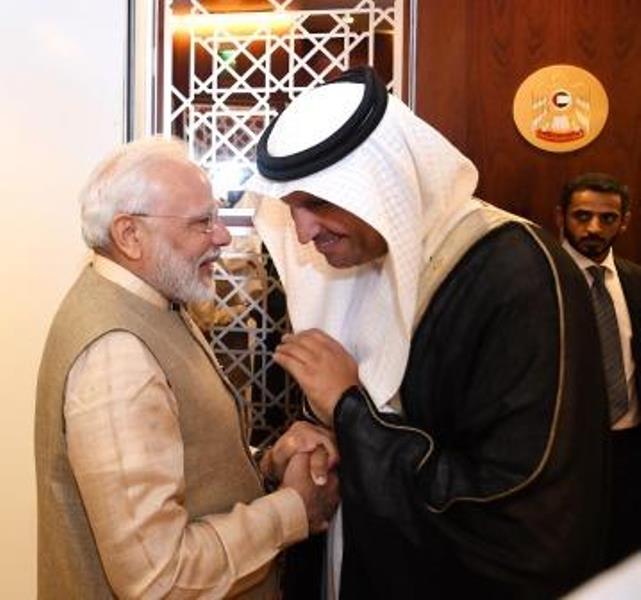
With the sole and notable exception of Pakistan, India's relations with the wider Islamic world .....
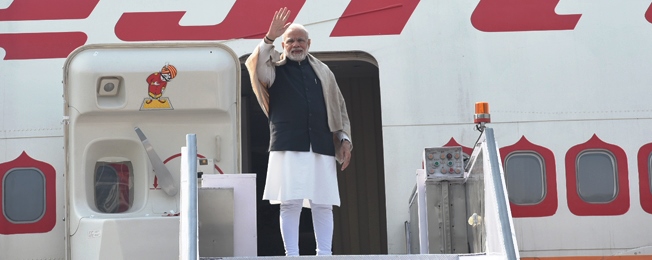
For a long time, India’s relationship with its extended neighbourhood in the Persian Gulf was .....
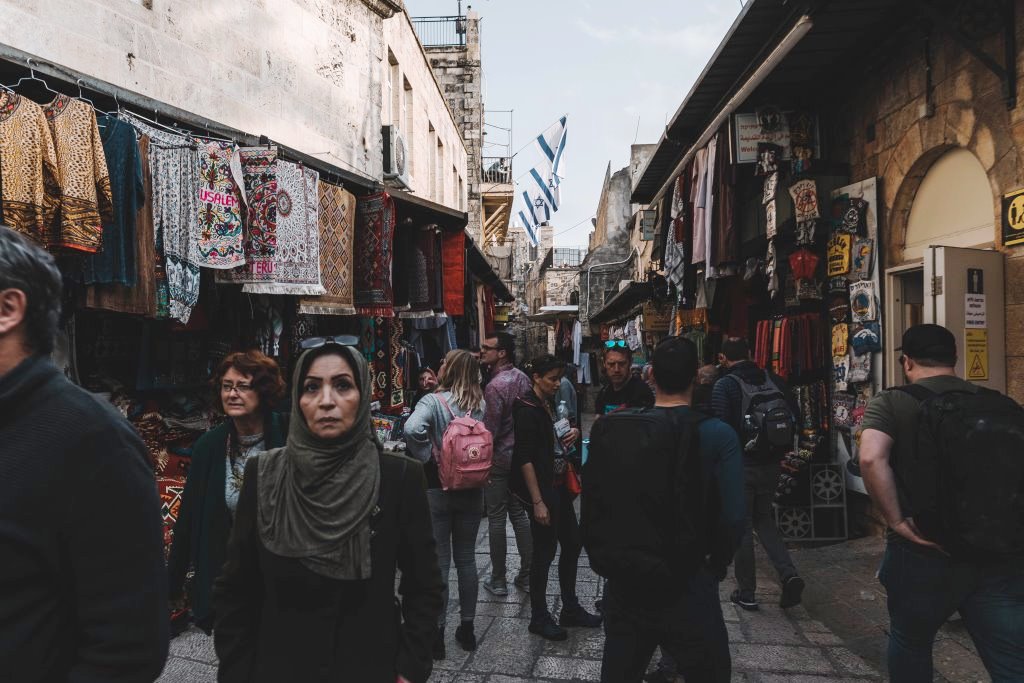
The Israeli legislative or Knesset election last week has turned out to be a rerun of the 9 April on.....
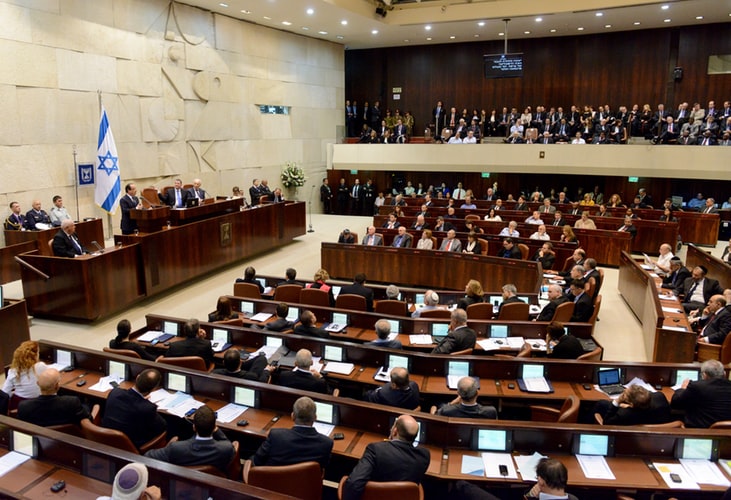
Will 2019 see a third Knesset election? This question is going rounds in Israel as it faces the seco.....
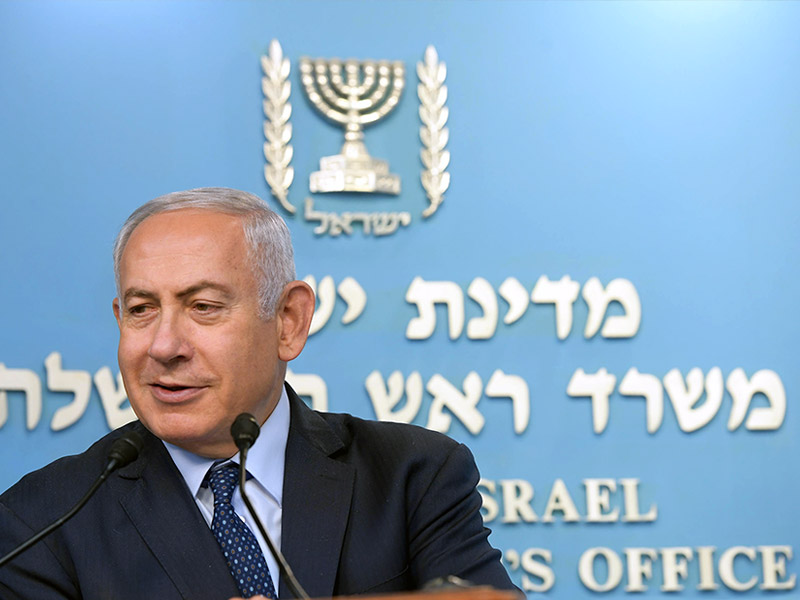
When he called Indian Prime Minister Narendra Modi to congratulate on his re-election with a landsli.....

The resounding re-election of Prime Minister Narendra Modi is a blessing for India's relat.....
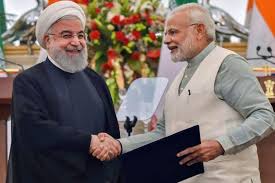
Iran is back in the news and for all the wrong reasons. It has been the unnecessary third .....
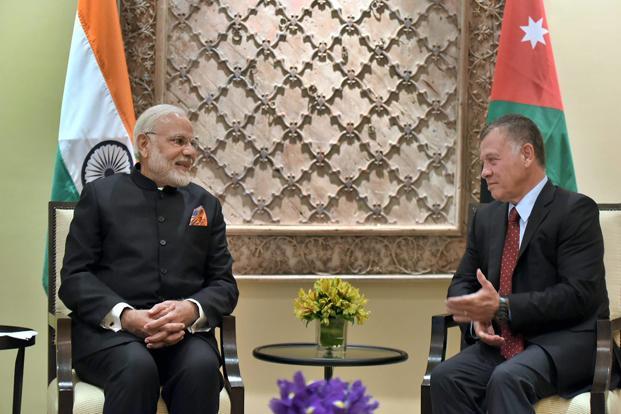
During the close to a century of its existence, the Hashemite Kingdom of Jordan has been, as former .....

In their eagerness to focus on and flag the de-hyphenation of the traditional Israel-Palestinian bin.....
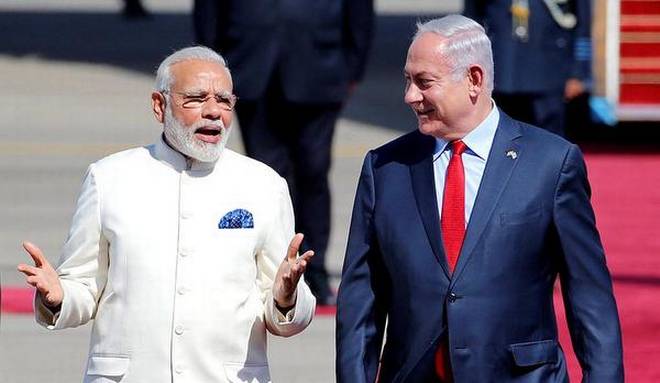
In the closely scrutinised India-Israel relationship, there is little in the public domain that rema.....
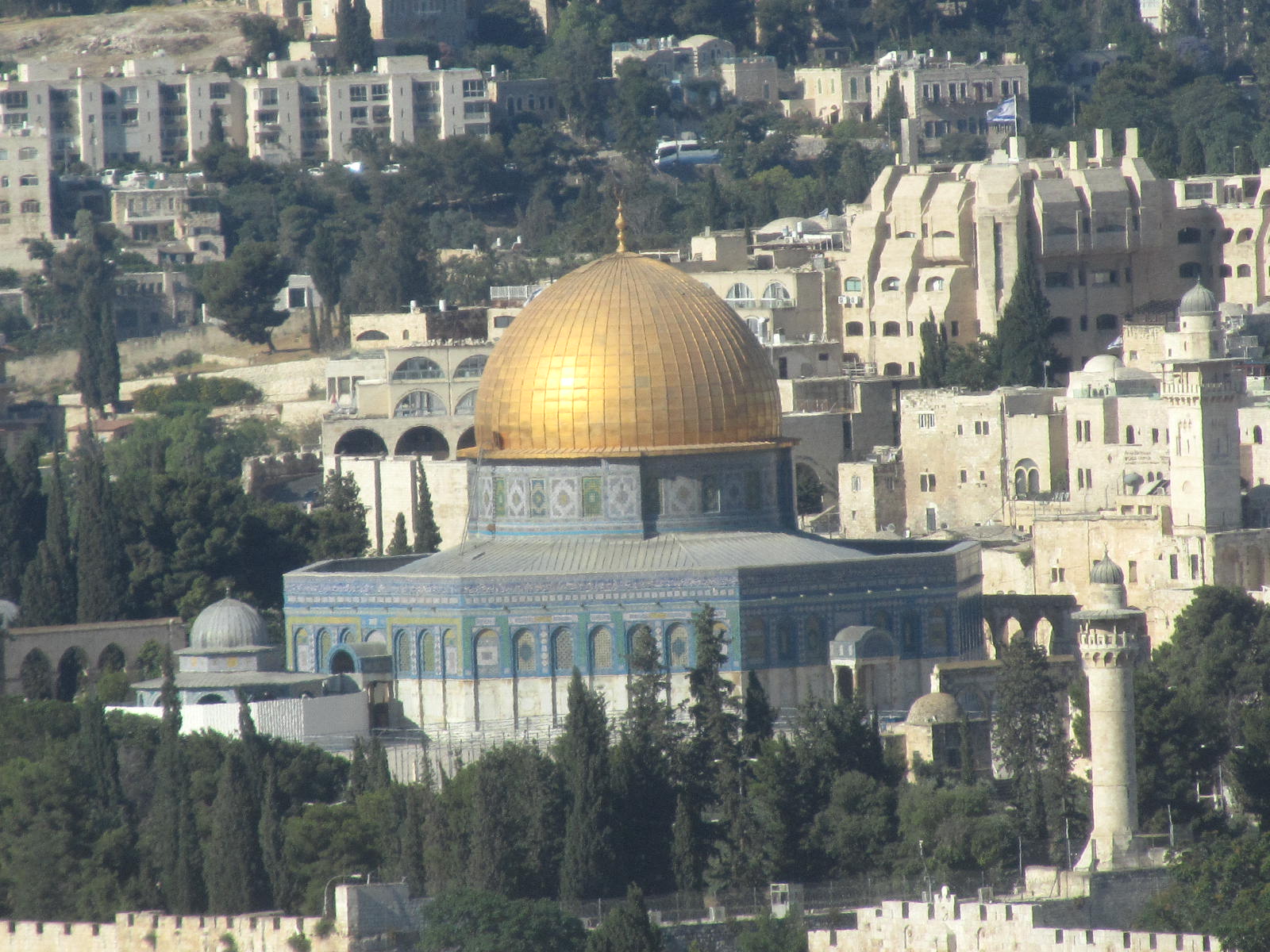
You know what, it will go to the dustbin’ my articulate friend was blunt, brutal but.....

Balfour Declaration, A Century Later If one were to make a list of the most influential.....
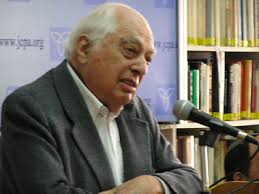
Professor Bernard Lewis—a towering personality on the Middle Eastern academic landscape—.....
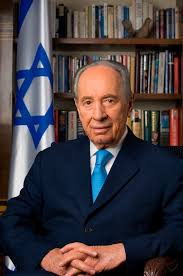
B orn in Poland on 2 August 1923, Szymon Persk who later Hebraised his name as Shimon Peres was the leader.....
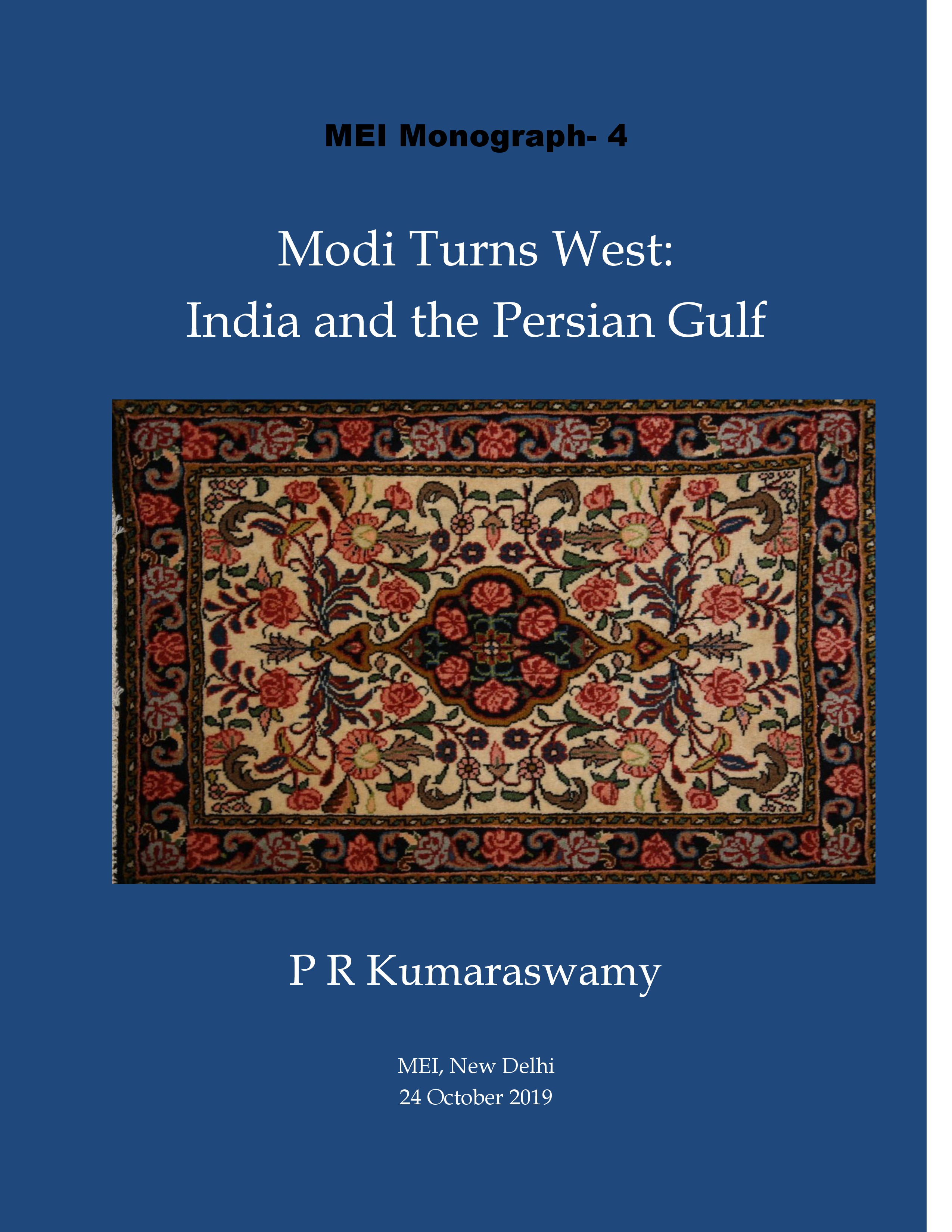
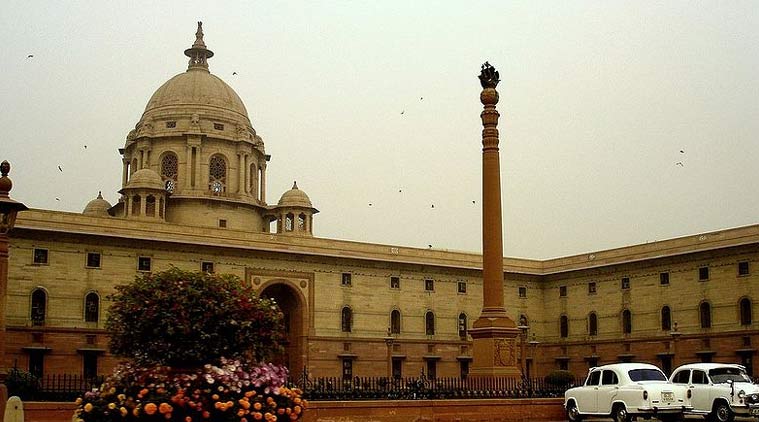
W hat What began as a protest by a marginalized vegetable vendor in Sidi Bouzid in Tunisia soon spread lik.....
